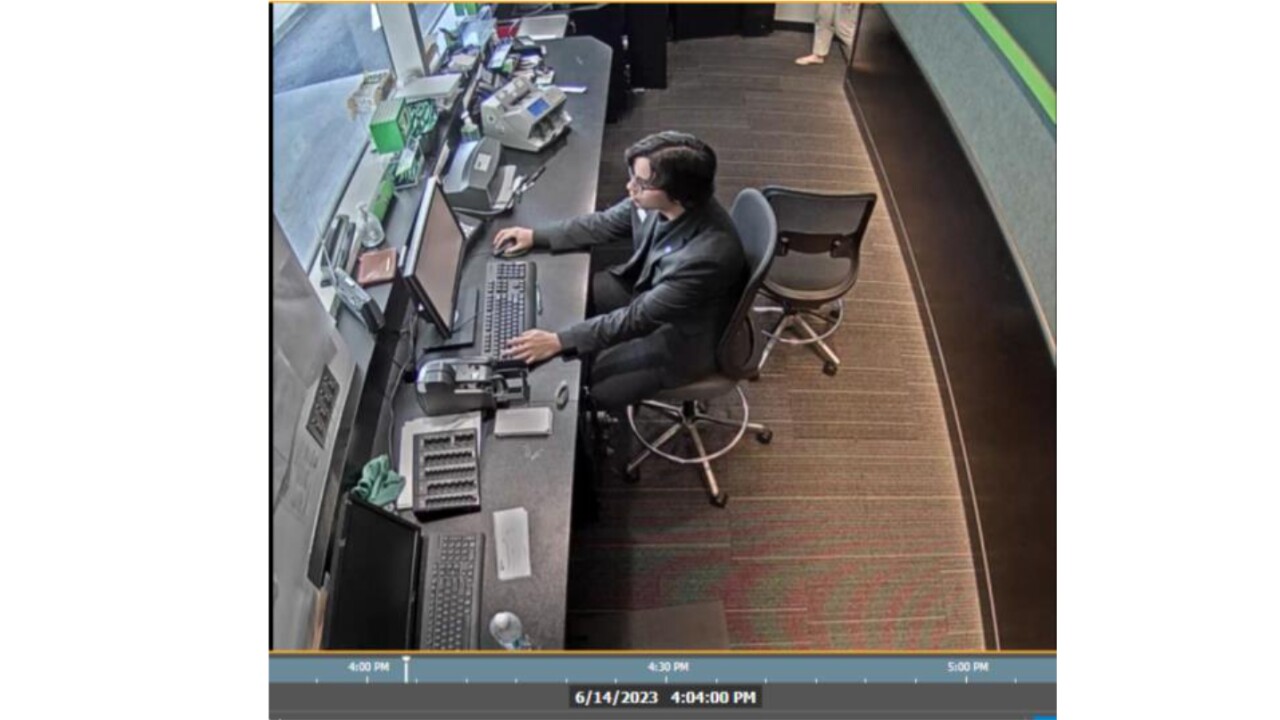Carter McClelland, the man responsible for hiring hundreds of high-paid bankers during Deutsche Bank AG's first go at large-scale U.S. investment banking, is on another hiring spree, this time for Bank of America Corp.
So far, much of the work has been a rebuilding effort. By Mr. McClelland's own admission, Bank of America is only now recovering from its loss a year ago of the roughly 100 Montgomery Securities staff that followed star investment banker Thomas Weisel out the door.
As chief of the client-driven part of Bank of America's investment bank, Mr. McClelland hired about 150 bankers in 1999, luring Wall Street veterans like Barry Newman, former head of global technology at Salomon Smith Barney. He plans to add 100 to 150 this year.
While pleased with the progress, Mr. McClelland admits a long road is still ahead, particularly because Bank of America expects its institutional equities operation, located in San Francisco, to expand beyond emerging growth sectors to cover a much broader range of industry groups. That shift did not sit well with the old Montgomery leadership, Mr. McClelland said.
"Hugh McColl bought Montgomery to provide a broader equities platform, not to just own a tech boutique, and maybe that wasn't always completely clear to Tom Weisel," Mr. McClelland said in his New York office.
"Our mission has changed to be more like a bulge-bracket than a boutique," he said. "We are close to where we want to be with products, but we haven't had the bankers to deliver a broad set of capabilities."
The weak points showed up in 1999's annual rankings of the leading debt and equity underwriters.
Despite its position as 1999's No. 2 syndicated lender for leveraged loans, a position viewed as a natural stepping stone to high-yield bond underwriting, Bank of America remained stuck in the second-tier of junk bond underwriters, in 10th place. By contrast, competitor Chase Manhattan Corp., which is similarly in the midst of building a full-fledged investment bank on top of its corporate bank, was the fourth-ranked underwriter of high-yield bonds.
In technology industry initial public offerings, a high-flying sector that had been one of San Francisco-based Montgomery's strong suits, the banking company has fallen behind, dropping to No. 13 on the league tables with a 1% market share in 1999, from ninth with a 3.3% share in 1998. The 1998 rankings were helped by revenue from Robertson Stephens Inc., which Bank of America sold in August of that year.
And though overall volumes for tech IPOs vaulted by 360% from 1998 to 1999, Bank of America led only 40% more offerings.
Room for improvement isn't confined to technology investment banking. Bank of America does not yet appear among the top 25 in M&A advisory mandates.
The lost opportunities in the equity market haven't escaped the attention of Mr. McClelland, who says he has more hiring to do in growth areas like media and telecommunications.
"When Tom Weisel left, he took Internet bankers with him, and so we missed a lot of that market," he said. Firms like Robertson Stephens, now owned by FleetBoston Corp., "were right there to pick up that business."
As he works to strengthen the investment bank, he's been noted for being sensitive to how his part fits into the whole organization.
"If he was hiring a major banking team, then he was very careful to make sure that we could bring up research and sales at the same time," said Lewis Coleman, head of the equity division and chairman of Bank of America Securities LLC.
There's no end in sight to the investment banking build-up he has engineered. With his ranks reaching up to 700, most of whom are in New York, "we would have to steadily grow over the next few years" to keep up, he said.
"The big U.S. investment banks have about 1,000 to 1,200 investment bankers in the United States," said Mr. McClelland, who worked at Morgan Stanley for 21 years, most recently as chief administrative officer.
Bank of America's strategy is quite different from the arm's-length approach Fleet has taken with Robertson Stephens, and bankers say it is a challenge.
"It's somewhat difficult to change historic focus on growth stocks to one based on the S&P 500," said a New York-based investment banker who asked not to be named. "It's taking them from competing with one set of bankers to another."
Yet analysts are encouraged by the progress so far.
Revenues from investment banking grew from $306 million in the third quarter of 1998, which was affected by the Robertson Stephens sale, to $702 million a year later - benefiting from a one-time venture capital gain.
"It was disappointing that they had to rebuild," said Melba Bartels, an analyst at Seattle brokerage Ragen MacKenzie Inc. "But they're well on their way to recovery, and their revenues reflect that."





